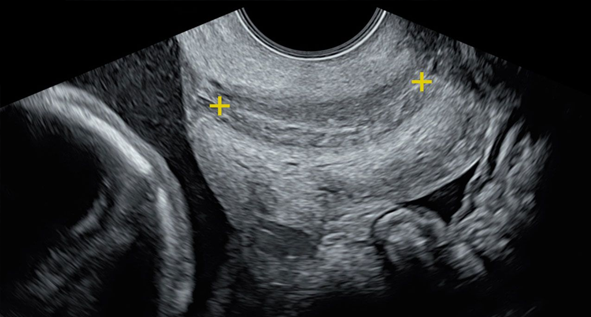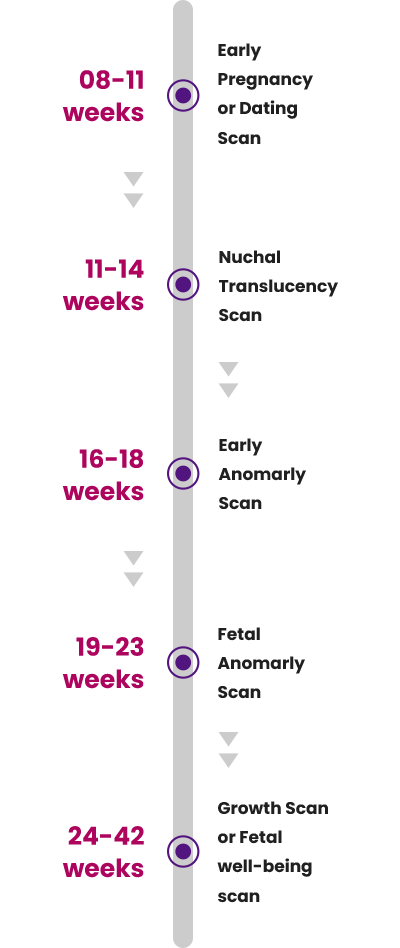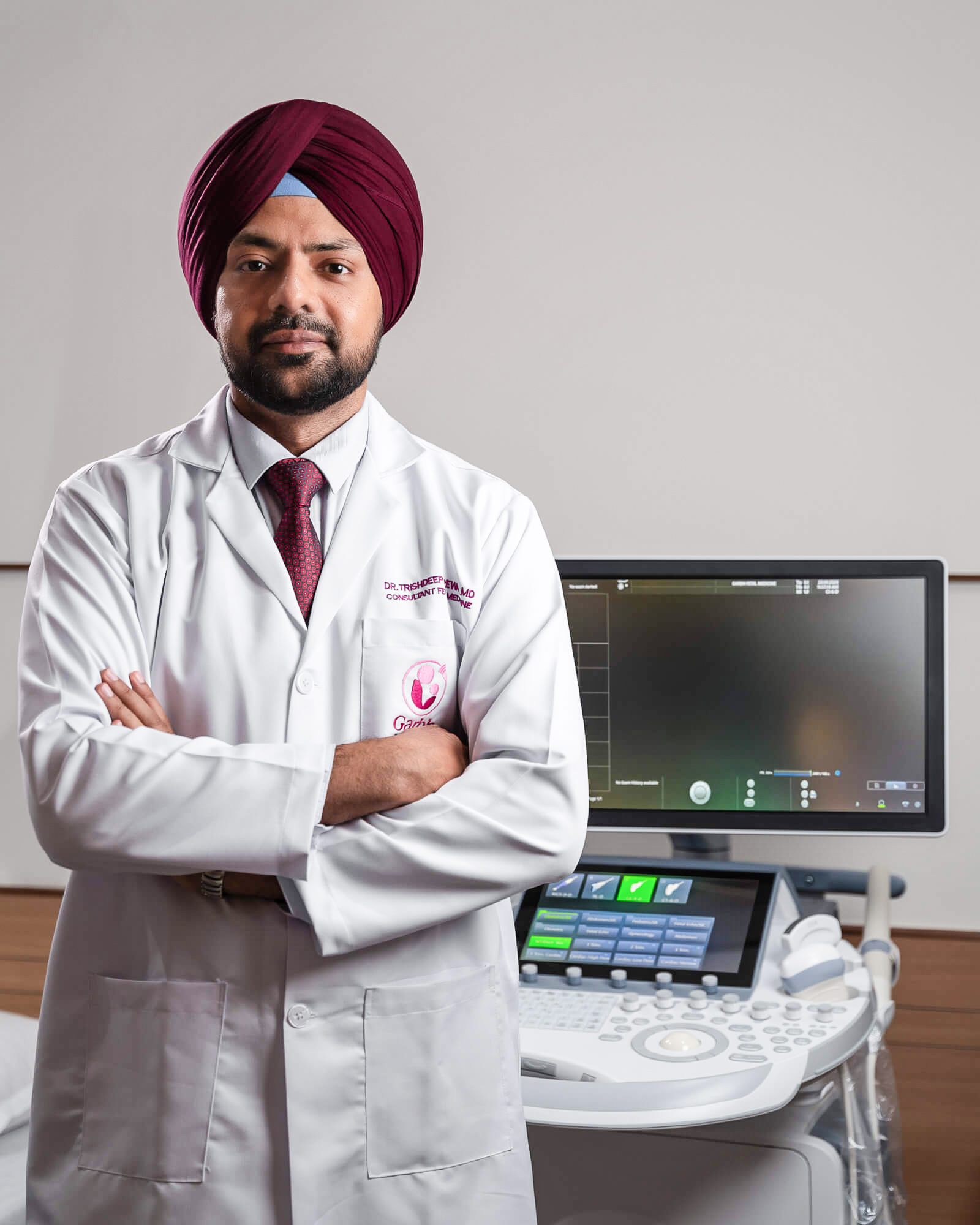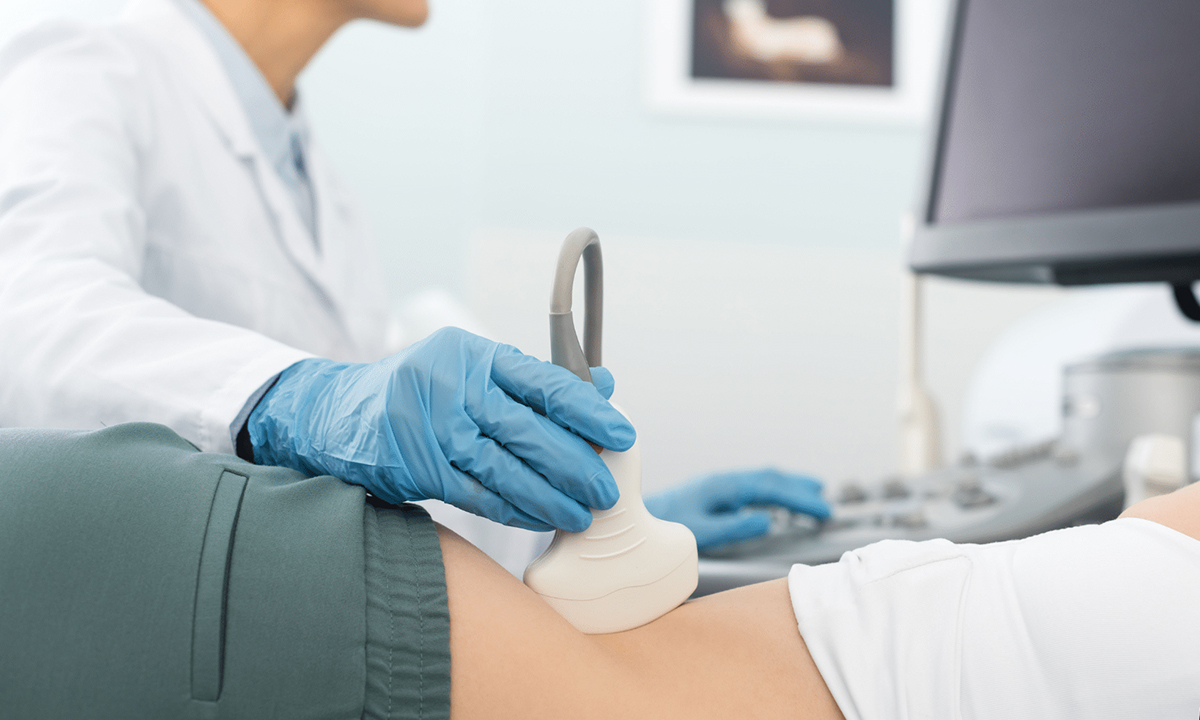
Comprehensive Ultrasound Scan Options
Did you know there are several types of ultrasound scans during pregnancy? The type of scan you get often depends on how far along you are and what specific information is needed. For example, some scans help estimate the likelihood of Down’s syndrome, while others assess the risk of preterm labour, among other things. Here are some of the scans we provide:
Viability Scans
A fetal viability scan in pregnancy is an early scan that confirms whether the pregnancy is progressing normally, checks the heartbeat, and determines the estimated due date.
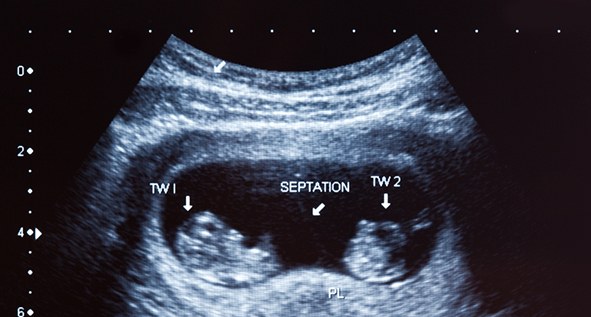
Nuchal Translucency (NT) Scan
Performed between 11 and 14 weeks, the nuchal scan assesses the risk of chromosomal abnormalities like Down syndrome by measuring the fluid at the back of the baby’s neck. It also helps determine the due date and allows early detection of structural abnormalities.
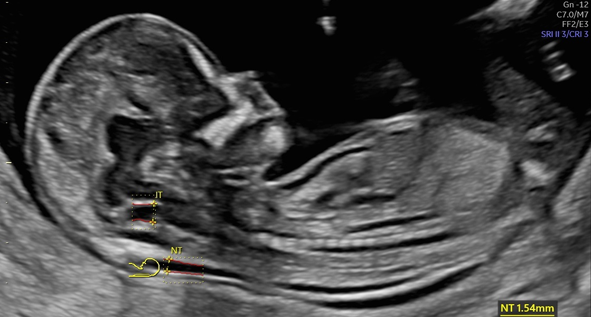
Anomaly Scan
Usually carried out between 18 and 21 weeks, this detailed anomaly scan checks the baby's organs and physical development to identify any structural abnormalities. If you are looking for an anomaly scan near me, Garbh provides expert services with state-of-the-art technology.
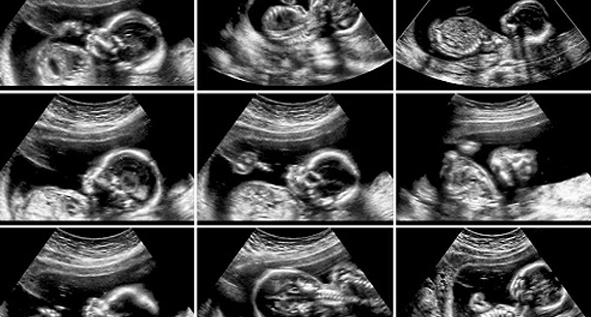
Fetal Echocardiography (Cardiac Scan)
This specialized fetal echo scan examines the baby’s heart for any abnormalities in its structure and function, usually performed between 18 and 24 weeks.
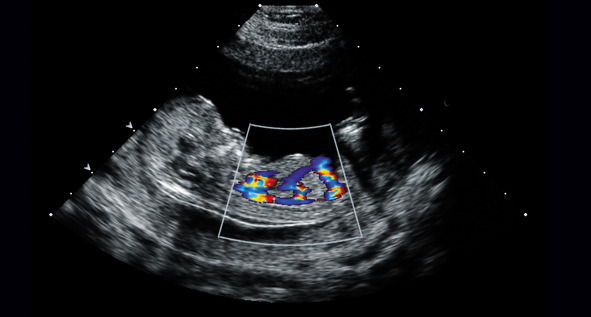
Fetal Neurosonogram (Brain Scan)
This detailed ultrasound focuses on the structure and development of the baby’s brain and is recommended if there is a risk of brain abnormalities.
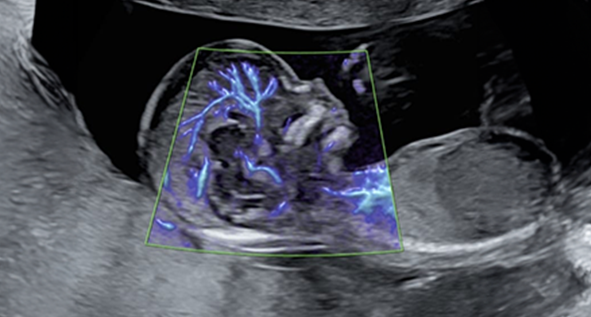
Fetal Growth Scan
Conducted in the third trimester, the fetal growth scan measures the baby’s size and rate of growth, ensuring that the baby is developing at a healthy rate.
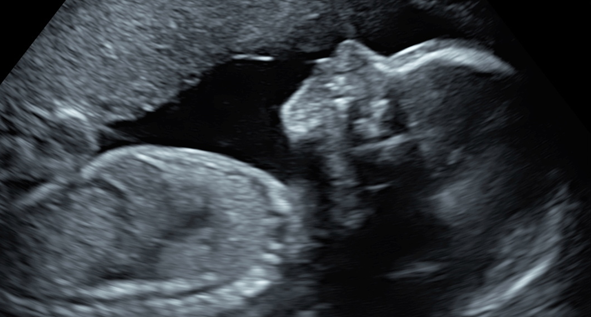
Cervical Scan
A cervical screening test is typically performed in the second trimester; this scan assesses the length and function of the cervix to help predict the risk of preterm labour.
